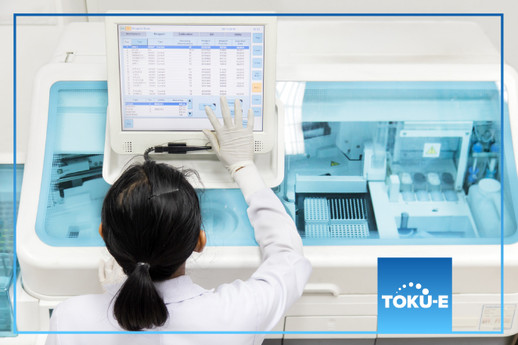Hoping to validate the accuracy of your Antimicrobial Susceptibility Testing (AST) method? EUCAST, together with CCUG (Culture Collection University of Gothenburg, Sweden), and EUCAST NACs, has recently announced they have prepared AST panels containing organisms with well-characterized levels of susceptibility. The Minimum inhibitory concentration (MIC) values were determined with reference broth micro-dilution. Each panel contains 10-20 strains; some strains have MICs that are representative of wild-type, and other strains have typical resistance mechanisms.
These panels are useful for the following groups: Labs hoping to validate the accuracy of their AST methods, those hoping to validate the quality of commercial material intended for AST and determine the MIC value or the correct categorization (Susceptible/Resistant/Intermediate), antibiotic developers, and those that are looking to develop their own AST platforms and technology.
The panels include:
Streptococcus pneumonia. This panel was developed in 2020 and has 10 strains with reference MIC values that represent varying levels to beta-lactam agents, from wild-type isolates to highly resistant isolates. Although the strain selection was based on the level of beta-lactam susceptibility, the reference MICs for many other antibiotics are also available. The collection can be used with A. pneumoniae ATCC 49619 to evaluate MIC methods using a breakpoint table. Read more.
Pseudomonas aeruginosa. This panel contains a selection of strains with varying susceptibility to many antibiotics. This panel was developed in 2021/2022 in collaboration with CCUG and the EUCAST Spanish and Norwegian NAC reps. Nine strains were phenotypically and genetically characterized using several panels and broth microdilution before and after freeze drying and sequenced in 2 different labs. These panels can be used to confirm the lab’s methods to detect specific genes and resistance mechanisms.
CCUG is a research partner within the Centre for Antibiotic Resistance Research (CARe), an organization with a vision to limit mortality, morbidity, and socioeconomic costs related to antibiotic resistance on a global scale through research.
References

